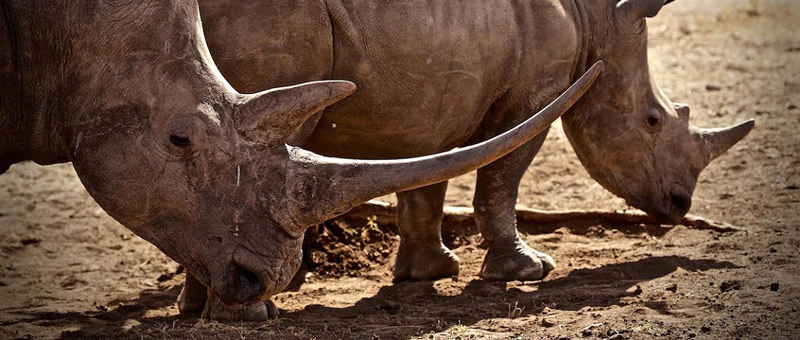A unique hybrid nonprofit organization
EAL is an innovative nonprofit organization that merges the worlds of intelligence, investigations, and conservation in service of wildlife, the environment and the people who protect it.
At the core of our work are information gathering, analysis, and intelligence production, aimed at supporting the work of law enforcement and government agencies.
It is our contention that professionally run intelligence and investigative activities are currently the most important tools for fighting environmental/wildlife crime. The intelligence-led approach is needed to integrate the more traditional “reactive” conservation models with a more proactive, impactful, and disruptive approach.
As with the fight against other international threats, such as terrorism, drug trafficking or organized crime, intelligence should be at the center of our efforts to fight wildlife crime. It is, and should be used as, a strategic resource to focus investigation and law enforcement activities, policy changes and funding.
Information gathering activities, intelligence production and undercover operations are exceedingly cost-effective methods of tackling environmental crimes. HUMINT, or HUMan INTelligence, and other forms of intelligence, if used with a strategic long-term vision, can also lead to the reduction of what is now called the “militarization of conservation”, the violence that surrounds environmental crimes, with its very high human toll.
Intelligence is the knowledge – ideally the foreknowledge – that our organization and partners must have to safeguard wildlife and people, and respond to very concrete threats to the environment and to us all.
Our team and network of collaborators include professionals who have been working in the intelligence and investigation fields for decades, mostly for top governmental agencies.

The use of undercover techniques is essential to the detection, prevention, and prosecution of environmental crime and other related crimes, such as money laundering, corruption and the trafficking of other illegal products.
As a lean, highly-focused NGO employing intelligence as its primary approach to combatting wildlife/environmental crime, EAL leverages a few advantages over governmental agencies and larger NGOs, including:
- The ability to quickly allocate resources to identified targets and hotspots
- Access to people and resources that would never collaborate directly with local governmental entities within certain countries
- The ability to deliver confidential information, including detailed case files, regarding criminals and wildlife criminal networks to trusted individuals within a government agency, more easily bypassing potential bureaucracy and corrupt officials

How we use intelligence
We collect information and produce actionable intelligence, we build networks of collaborators in the field, we research the ‘modus operandi’ of the organizations behind illegal trafficking, we map and target the individuals and organizations that are profiting from wildlife crime, including poaching and trafficking, and when possible, we share intelligence with trusted law enforcement agencies.
The information that we collect from various sources and through different means is used to produce actionable intelligence and feed our investigative projects, launch new information gathering activities, better understand the players, and when possible, facilitate the arrest and prosecution of the individuals behind wildlife crimes. We also share information with other organizations and law enforcement agencies through our Confidential Intel Briefs (CIBs).
It is this expertise and flexibility that allows EAL to operate in situations and locations where other NGOs or governmental agencies are unable or unwilling to operate.
Positive outcomes associated with an intelligence-led approach to include:
- Increased intelligence activity that directly leads to the disruption of the wildlife trafficking networks and supply chains;
- Better quality evidence that facilitates the arrest and prosecution of higher-level traffickers, middlemen, and corrupt officials – the players that truly control the wildlife supply chains:
- Expanded cooperation among stakeholders, including NGOs, governments, and law enforcement authorities; and
- Fact-based reports that can be used as a leverage by policymakers and media to hold governments accountable and demand action.
EAL is currently operating in several Eastern and Southern African countries, Latin America, South East Asia, China and Hong Kong.



